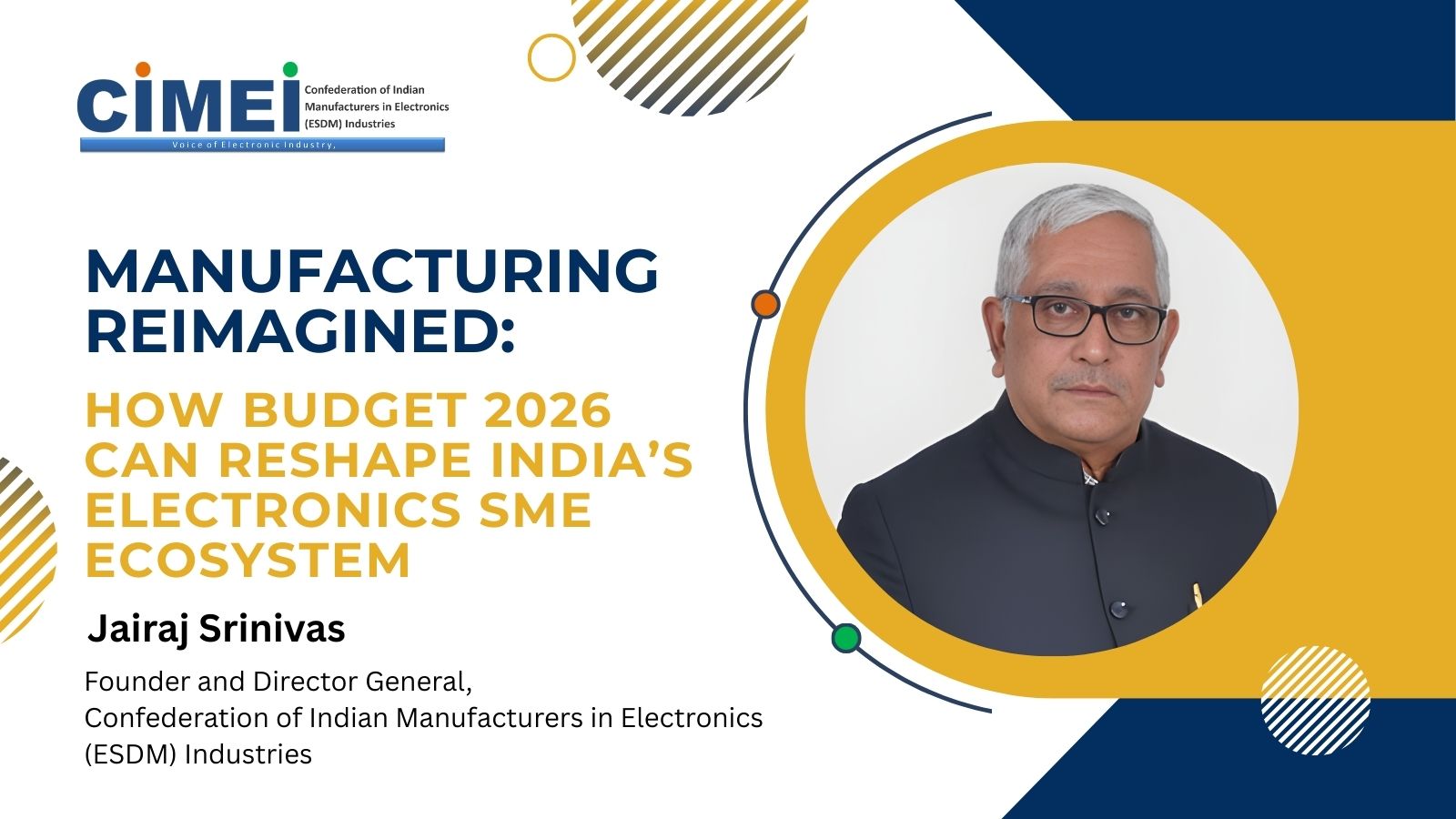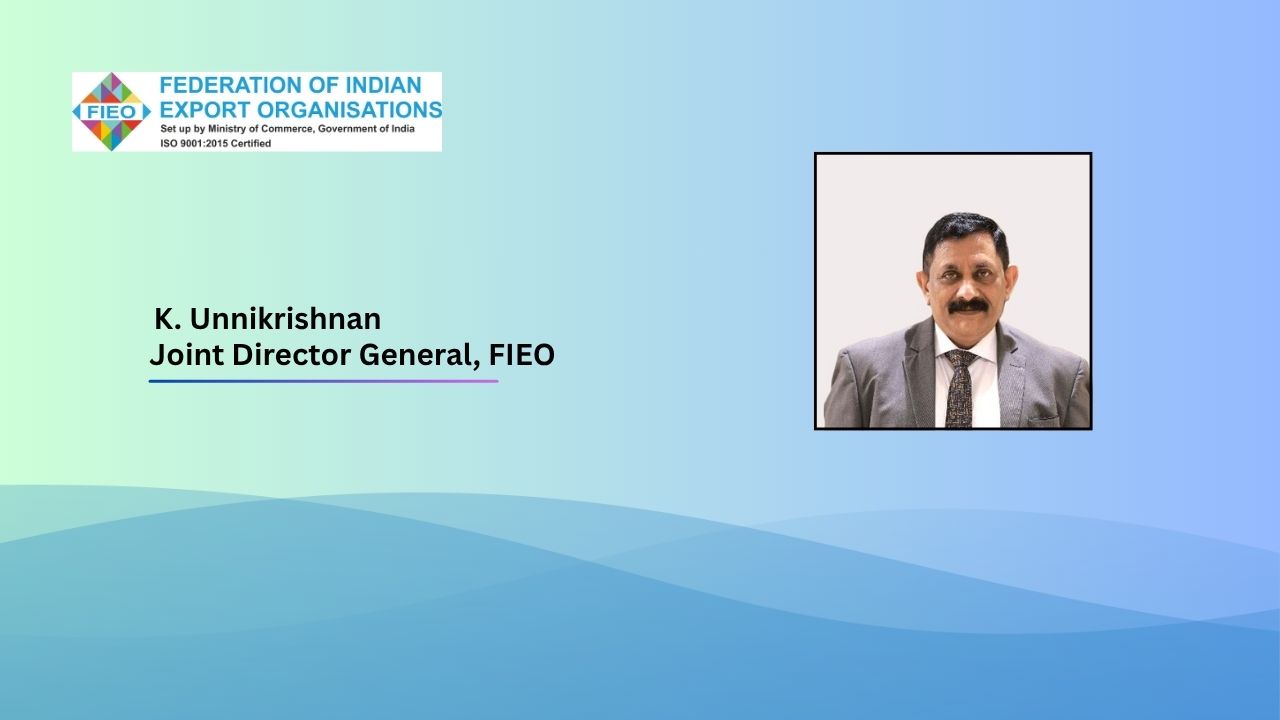Strengthening India’s Pharmaceuticals & Bulk Drugs Industry: Navigating the Path to Global Leadership in Pharma Sector

The Indian pharma sector is one of the largest and fastest-growing pharmaceutical industries in the world. It is estimated to be worth over $40 billion and accounts for over 3% of India’s GDP. The sector is driven by a large number of domestic and international companies and is also supported by a favourable regulatory environment and a large pool of skilled professionals.
However, we still need to go a long way to position India as a global leader in pharmaceuticals by focusing on excellent manufacturing infrastructure and enhancing self-reliance. Out of global import of around USD 846 billion during the year 2024, India’s exports in the pharma products domain were USD 28 billion representing only 3.3% of the global trade, which shows the vast potentials of this sector.
To further strengthen India’s pharmaceutical industry with a focus on bolstering its existing manufacturing infrastructure, a structured and policy-driven approach is essential. Below are few suggestions to achieve this:
• Technology and Innovation: Initiative from the Government to help industry in promoting the adoption of Industry 4.0 technologies like IoT, AI, and automation in manufacturing processes is required. There is a need to provide grants and subsidies for R&D in generic drugs, biosimilars and novel drug formulations. Unfortunately, our spending on R&D is very negligible. Hence for encouraging companies to spend on R&D, there is a need for encouraging them by providing weighted average of 200% to 300% under sector 35 (2AB) of Income Tax.
• Infrastructure Development: There is a need to establish more Pharma Parks with state-of-the-art facilities like common testing labs, R&D centres, and effluent treatment plants. The Government also needs to facilitate and invest in logistics and warehousing infrastructure to ensure faster movement of goods and reduced losses.
• Policy Interventions: The Production Linked Incentive (PLI) scheme needs to be expanded and revamped for suiting the needs of pharma industry, as MSMEs in India need to play a major role in this industry, contrary to the global trends. Instead of simply linking incentives to sales volume, PLI scheme should focus on achieving specific outcomes and fulfilling human needs. Incentivizing the development and distribution of medications for rare diseases requires unique strategies and acknowledgement of the challenges associated with small patient populations and high development costs.
There should be additional government subsidies or risk-sharing mechanisms. Also there exists a need to provide additional incentives for pharma companies that export, as exporting to other countries require large investments and persuasions for approvals etc.
• Regulatory frame works: There is a need to align Indian pharma standards with global norms (e.g., US FDA, EMA) to enhance export readiness of Indian pharma manufacturing industry. There is also a need to implement digital platforms for real-time monitoring of compliance and quality assurance as there were certain issues related to quality in the past.
• Environmental Sustainability: There is a need for incentivising adoption of eco-friendly technologies and energy-efficient practices focusing green manufacturing.
• Competitiveness: A separate chapter for Pharma may be introduced in the Foreign Trade Policy (FTP) to enhance export promotion schemes to support Indian pharma companies in accessing new markets. Government also should focus reducing barriers for Indian pharma exports while negotiating Trade Agreements.
Focusing on these strategies will create a robust manufacturing infrastructure, enhance self-reliance, and position India as a global leader in pharmaceuticals.The government’s initiative to boost bulk drug production across the country aims to strengthen the pharmaceutical sector’s backbone by addressing critical import dependencies and enhancing domestic capabilities need for enhanced efforts especially related to finance and infrastructure.
Few suggestions for the bulk drugs manufacturing industry:
• Financial Support: Banks should be encouraged to earmark funds offering low-interest loans or grants specifically for SMEs in bulk drug manufacturing. The State Governments also should come forward to reduce electricity and water charges for SMEs in Pharma Parks to cut operational expenses.
• Infrastructure Enhancement: There is a need to create more API clusters with shared facilities like effluent treatment, warehousing, and testing labs to reduce costs along with a robust supply chain network for seamless delivery of raw materials and finished products.
The government’s push for bulk drug manufacturing holds immense potential to transform India’s pharmaceutical landscape. However, addressing the specific challenges faced by SMEs – financial constraints, regulatory bottlenecks, and technological limitations – is crucial.
A holistic approach involving policy support, capacity building, and infrastructure development will ensure the success of these initiatives in positioning India as a global leader in bulk drugs production.
Author: Mr. K. Unnikrishnan, Joint Director General, Federation of Indian Exporters Organisation (FIEO)
Disclaimer: Views expressed in the article are the personal opinions of the author.











